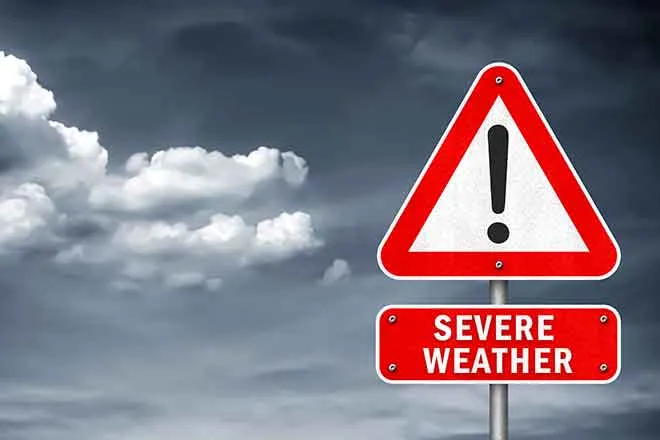
Telehealth expands access to mental health services in Colorado
(Colorado News Connection) The COVID public health emergency created a spike in the adoption of a wide range of telehealth services, and Coloradans are continuing to access mental health care remotely, according to new analysis by the Center for Improving Value in Health Care.
Cari Frank, vice president of communications at the center, said telehealth is also helping address the current shortage of mental-health providers practicing in Colorado.
"And so telehealth enables people to get access so that they aren't having to go to a physical location," Frank explained. "They're also able to access mental health providers outside of our state."
Relaxed policies during COVID that helped providers get paid for telehealth visits played a significant role in the increase in the number of patients accessing care remotely. Frank noted data tapped through the Colorado All Payer Claims Database shows the top diagnosis among patients was anxiety disorder, followed by PTSD, major depression and adjustment disorders.
There are advantages to getting care in the privacy of your own home, especially in less populated areas where a neighbor might ask uncomfortable questions if they see your car parked outside the only psychologist's office in town. Frank pointed out telehealth also makes it easier to fit sessions into people's busy lives.
"I think it's a more comfortable setting, to be in the comfort of your own home," Frank acknowledged. "You can be in your pajamas, you can be on the couch. Just turn on your phone or your computer and talk to somebody."
Last year, nearly 29 percent of Coloradans who reported experiencing symptoms of anxiety and/or depressive disorder were not able to access treatment in the past four weeks. Frank emphasized telehealth can make it easier to keep people connected to care, which also can help keep overall health costs down by reducing emergency room visits when illness goes untreated.
"If you can expand telehealth services for mental health, and get people actually talking to somebody before an event turns into something like an emergency department visit, then we're certainly going to be saving health care dollars," Frank stressed.

















